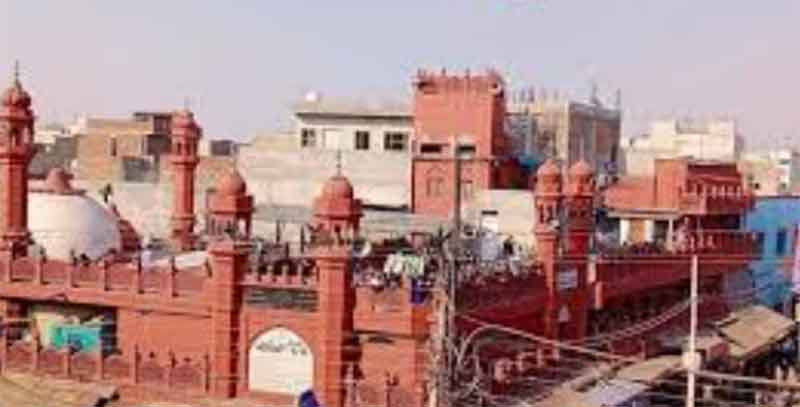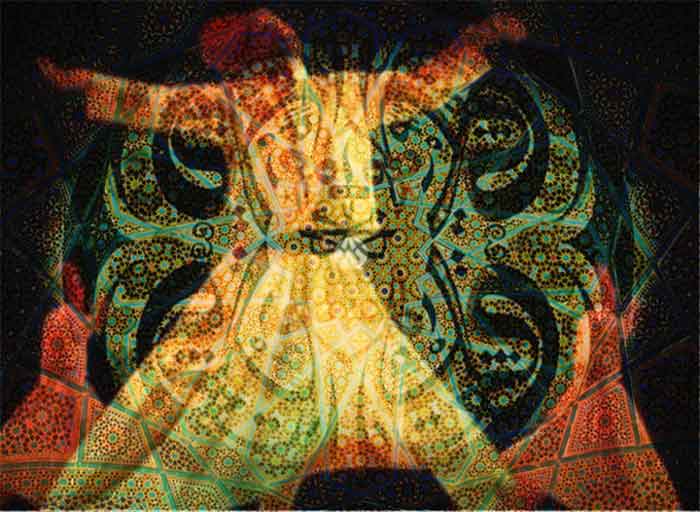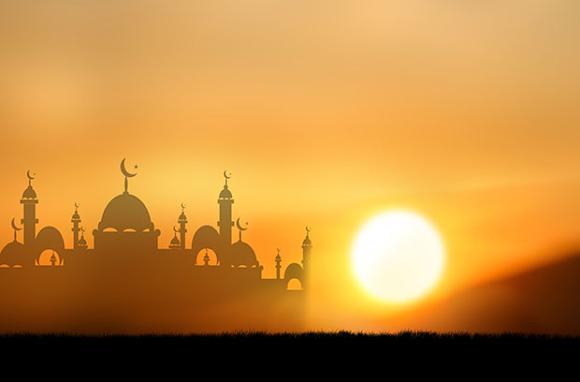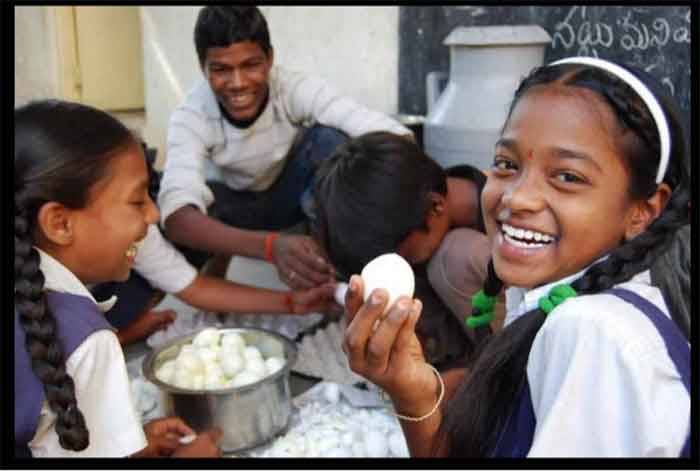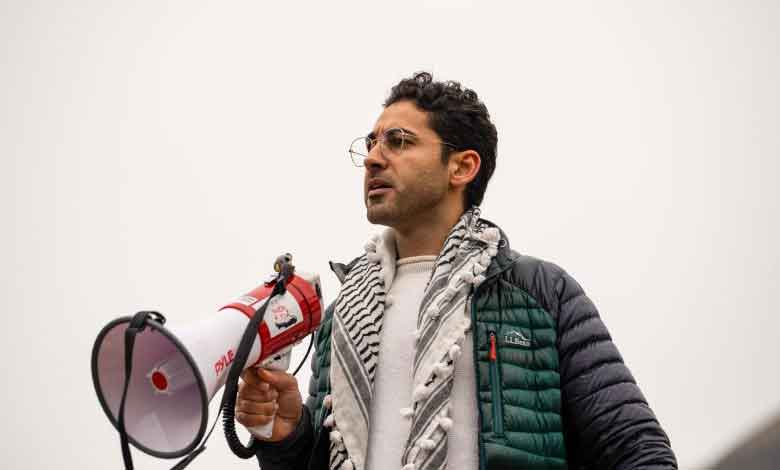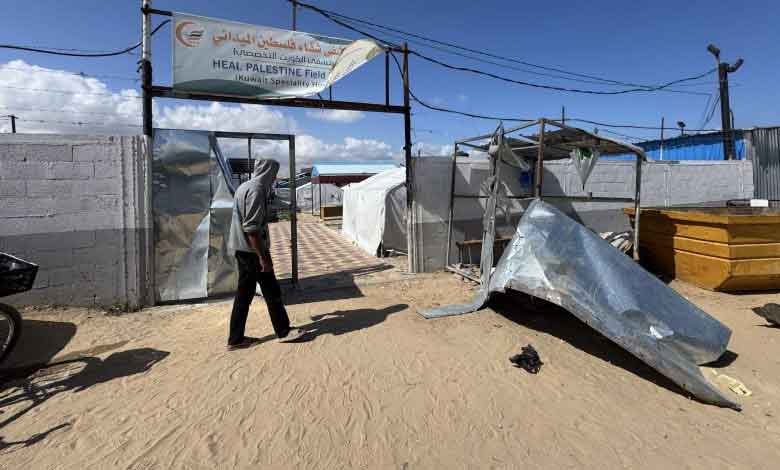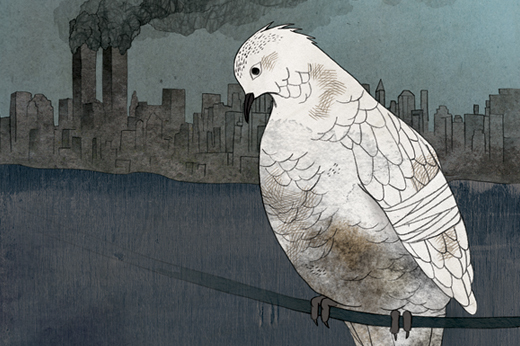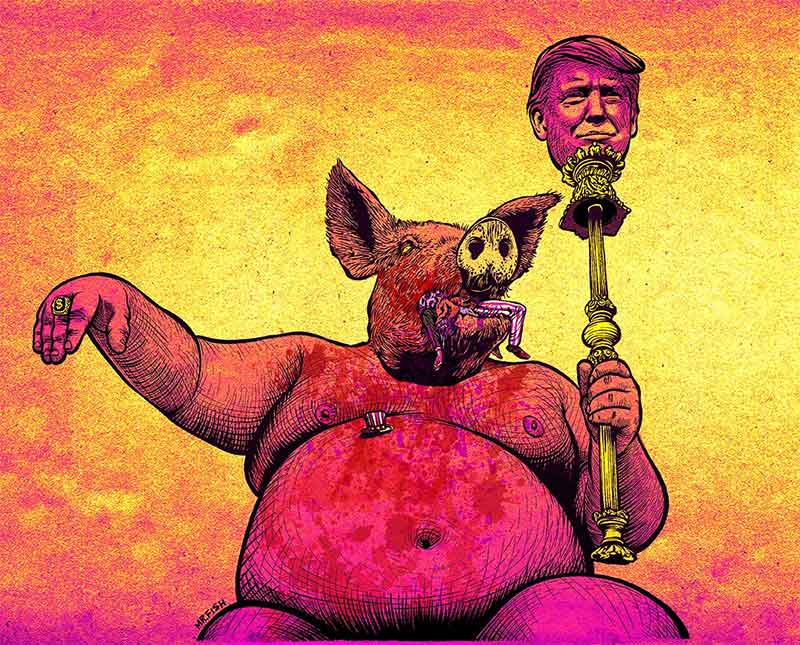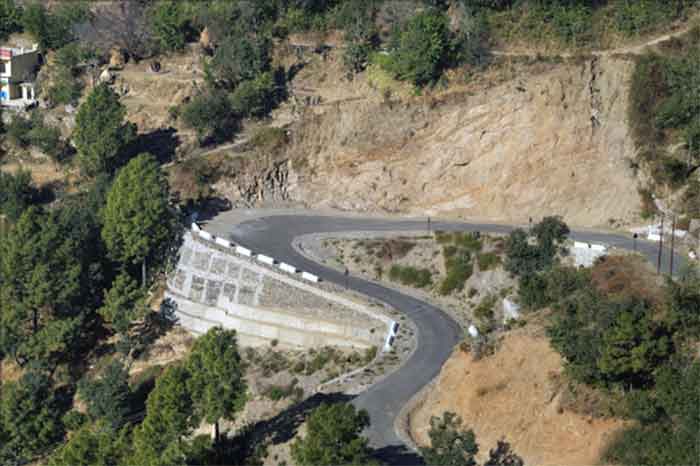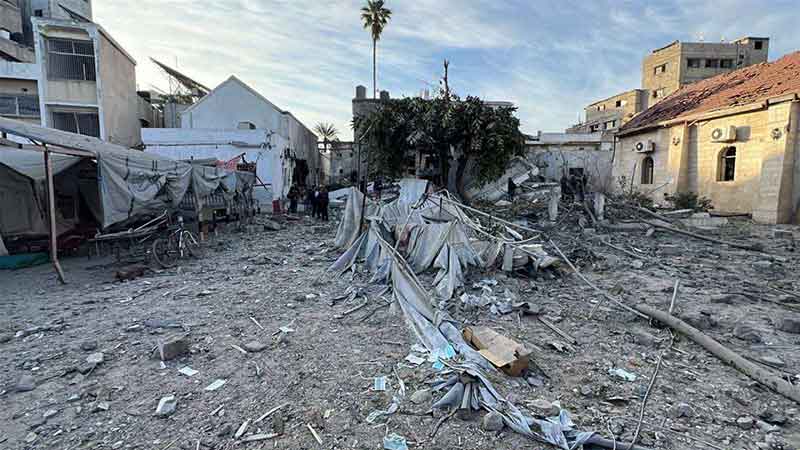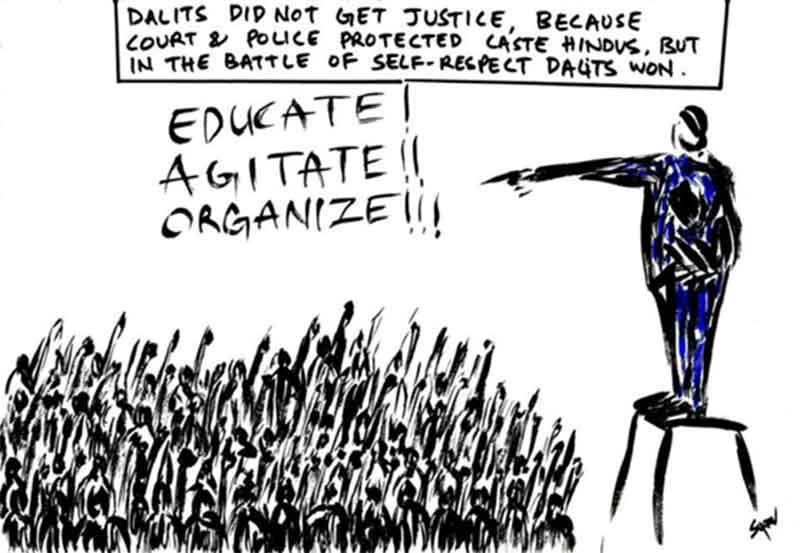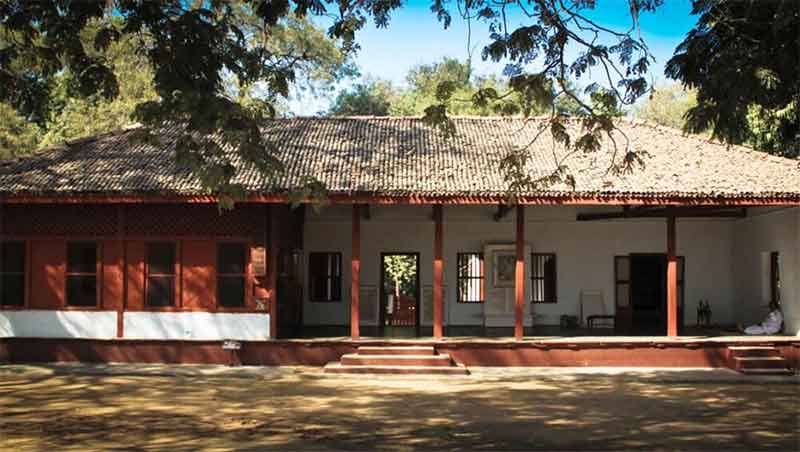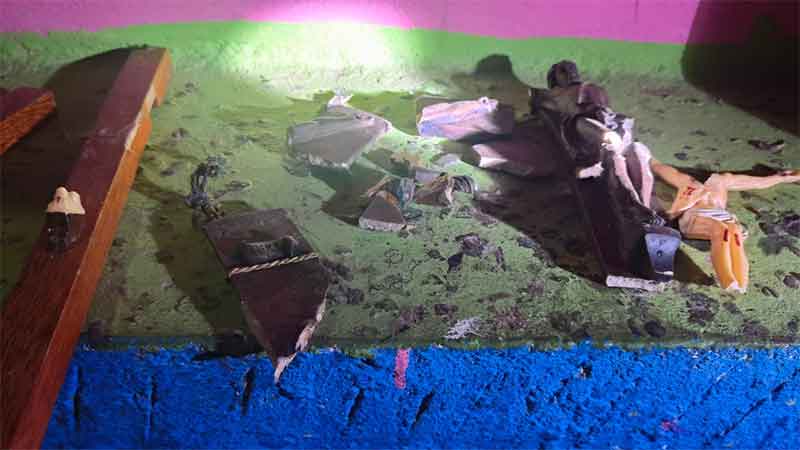
As the holy month of Ramadan commences, Muslims around the world prepare for a period of spiritual reflection, fasting, and charity. With an estimated 1.9 billion Muslims globally, accounting for approximately 24.9% of the world’s population, Ramadan has far-reaching implications that extend beyond the realm of spirituality.
One of the most significant aspects of Ramadan is its potential to promote environmental sustainability. The concept of “Green Deen” (the green religion) emerges as a critical discourse within Islamic theology, emphasizing the importance of environmental stewardship and resource conservation. By embracing the principles of “Green Deen,” Muslims can transform their fasting into a catalyst for positive change, not only for themselves but also for the planet.
Ramadan, in theory, should be a time of reduced food consumption, as Muslims fast from dawn to dusk. This reduction in food consumption can have a significant impact on the environment. According to the United Nations Food and Agriculture Organization (FAO), the global food system is responsible for approximately 30% of global greenhouse gas emissions. By reducing food consumption, Muslims can contribute to a decrease in these emissions, thereby mitigating the impacts of climate change.
However, despite the potential environmental benefits of Ramadan, there are also some disturbing trends. Reports suggest that food waste increases significantly during Ramadan, with an estimated 25-50% of food prepared in the Arab world being wasted, according to the United Nations Environment Programme’s report, “The State of Food Waste in West Asia 2021.” This number is higher than usual, with some countries experiencing an even more dramatic increase. In the United Arab Emirates, for instance, food waste increases by 50% during Ramadan.
In Malaysia, a Muslim-majority country, food waste increases by 15-20% during Ramadan. The Food Waste Index Report 2019, published by the United Nations Environment Programme, reveals that 61% of food waste comes from households, highlighting the critical role individuals play in addressing this issue.
The environmental implications of food waste are far-reaching and devastating. When food decomposes in landfills, it produces methane, a potent greenhouse gas that contributes to climate change. In addition, the production, processing, and transportation of food require significant amounts of energy, water, and land, making food waste a significant driver of environmental degradation.
Despite these challenges, Ramadan remains a powerful opportunity for Muslims to promote environmental sustainability. By embracing the principles of “Green Deen,” Muslims can reduce their environmental footprint, promote sustainable practices, and contribute to a more equitable and just world.
So, what can Muslims do to promote environmental sustainability during Ramadan?
1. Reduce food waste:
Plan meals carefully, avoiding over-preparation and excess food. Donate excess food to those in need or compost organic waste.
2. Conserve water:
Take shorter showers, fix leaks, and use water-efficient appliances to minimise water waste.
3. Use eco-friendly products:
Opt for environmentally friendly cleaning products, bags, and packaging materials.
4. Support sustainable charities:
Donate to organisations working on environmental projects, such as reforestation, renewable energy, or conservation initiatives.
5. *Practice mindful consumption*: Avoid excessive spending on food, clothing, and other consumer goods. Instead, focus on simplicity, gratitude, and generosity.
As the world’s Muslim population embarks on the sacred month of Ramadan, it is essential to acknowledge the environmental implications of our actions. By embracing the principles of “Green Deen” and promoting environmental sustainability, we can not only mitigate the negative impacts of Ramadan but also embody the values of compassion, generosity, and stewardship that are at the heart of the Islamic faith.
In the words of the Quran, “The earth has been created for me as a mosque and as a means of purification” (Hadith). As we observe the sacred month of Ramadan, let us strive to honor this trust, protecting the natural world and preserving the beauty of creation for future generations.
Mujeeb Rahman Kinalur is an author and cultural critic based at Calicut, Kerala. Email: [email protected]


